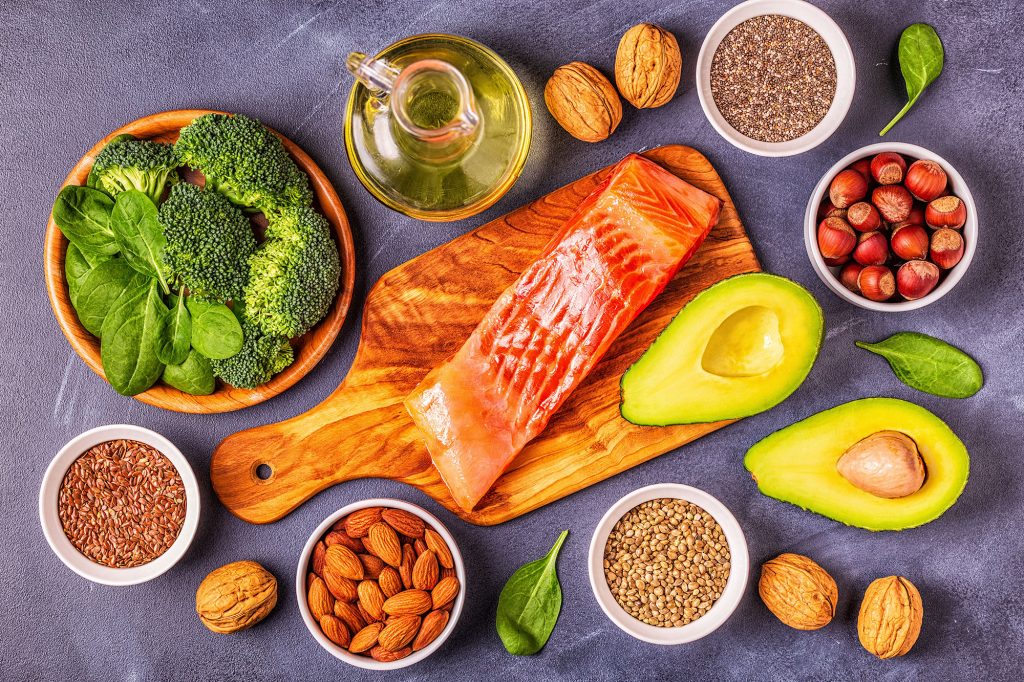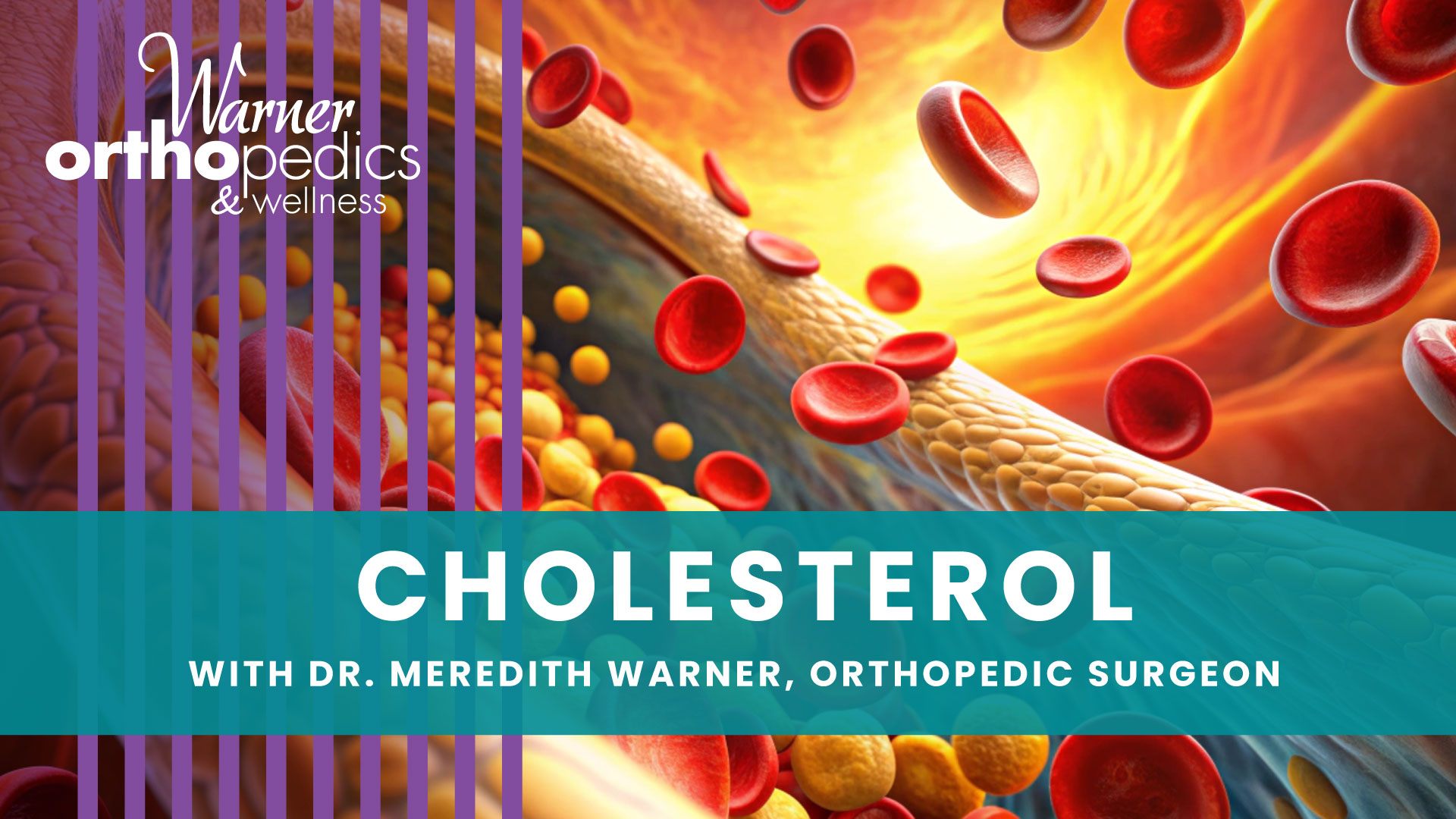How To Age With Grace: Combating Menopause Symptoms Naturally

While menopause is an unavoidable part of getting older for women, it does not have to be a terrible time in your life. This simply represents a normal transition for women. Symptoms of menopause might include hot flashes, mood changes, and fatigue.
Conditions like osteoporosis, heart disease, and diabetes are at a higher risk to develop after beginning menopause. There a several easy and natural steps you can take to help potentially combat menopause symptoms.
Calcium and Vitamin D
Foods high in calcium and vitamin D can help combat the effects hormonal changes cause in bone strength and integrity which can increase the risk of developing osteoporosis. Menopause is strongly linked to osteoporosis and supplementing to protect from this condition is necessary.
Vitamin D is naturally manufactured by the body via the energy of sunlight as it acts on vitamin D substrates; however, vitamin D production becomes less efficient as you get older. Likewise, sunlight can only help if there is enough of the substrate present. Vitamin D-rich foods include oily fish like salmon and tuna, egg yolk, and beef liver.
Many foods are fortified with both calcium and vitamin D including cereals. However, such fortification has previously been found lacking in studies and supplementation can be quite helpful.
Avoid Trigger Foods

Certain foods can potentially trigger hot flashes, night sweats, and mood changes, especially at night before bedtime. Some of the most common triggers include caffeine, alcohol, and spicy foods.
Eat High Protein Foods

Avoid Refined Sugar And Processed Food
Foods high in simple carbohydrates and diets high in sugar can cause you to feel tired and irritable and worsen the physical and mental symptoms of menopause. Diets high in refined sugar and carbs can also affect bone health. Hyperglycemia is generally quite a bad state to be in if one cares about health.
Weight Management

Weight gain is extremely common during menopause. Hormonal changes can make it harder to burn fat and maintain body weight. Increased stored fat can increase the risk of heart disease and diabetes. One study found that postmenopausal women who lost at least 10 pounds or 10% of their body weight over a year were less likely to suffer from hot flashes and night sweats as often.
https://www.ncbi.nlm.nih.gov/pmc/articles/PMC3428489/
Being overfed is associated with a myriad of health problems and complications, menopause is no different.
Drink Water

Drinking water during menopause is important in managing bloating and metabolism. Proper hydration can reduce bloating that occurs with menopausal hormone changes. Water can also help prevent weight gain by making you feel fuller faster. Drinking 500ml of water 30 minutes before a meal may lead to you consuming about 13% fewer calories during your meal.
https://pubmed.ncbi.nlm.nih.gov/18589036/
It may be helpful to add electrolytes such as sodium, potassium, magnesium and such.
Supplement

Adding supplements to your daily routine during menopause can help reduce symptoms. Phytoestrogens, probiotics, prebiotics, and antioxidants are the best supplements for someone going through menopause.
Phytoestrogens are plant-based compounds that can mimic estrogen in the body. Phytoestrogens are found in flaxseeds, soy, peaches, garlic, red wine, broccoli, kale, nuts, and many more! Discuss such supplementation with your physician.
Antioxidant supplementation can help reduce oxidative stress imposed by the body’s lack of estrogen as estrogen has antioxidative effects. As estrogen levels decrease, oxidative stress ramps up. Oxidative stress by itself is not a cause of menopause. It is simply strongly linked to menopause and can exacerbate menopausal symptoms.
Schedule A Consultation Today
Are you worried about developing any of these conditions? Are you already suffering from one or more? Schedule an appointment with Warner Orthopedics & Wellness today for an evaluation and to discuss treatment options with Dr. Warner and her dedicated team!





